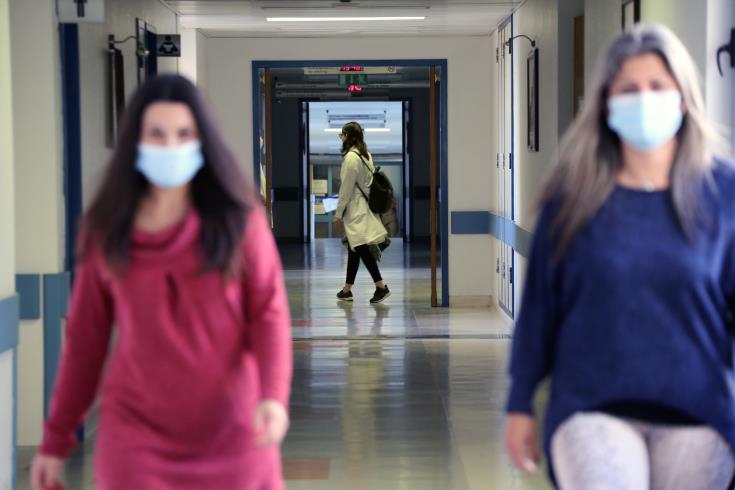Cypriots have to take responsibility as they are part of the solution in managing the pandemic and returning to normality, head of the COVID-19 Scientific Advisory Committee, Constantinos Tsioutis, said.
Vaccination, he said, is the most important weapon available that will help Cyprus return to normalcy.
In an interview with CNA Tsioutis clarified the committee will not comment on current measures, those under consideration or lifting restrictions.
“This is our motto if I can say that. To convey the message of cooperation and solidarity to our compatriots.
“The most important thing is that whoever we chose to meet, to ensure the basic measures protect us”.
Tsioutis said it is everyone’s responsibility to learn how to live with the virus and make it a part of our lives, knowing what restricts spreading the virus from person to person and protecting everyone.
“Our position and role is to explain the scientific issues simply, to establish a communication language that is understood by all.”
He said vaccination reduces the chance of serious illness, reducing the number of hospital admissions, protecting lives, lessening transmission, and relaxing measures and opening economic, cultural, and social activities.
It has happened in Cyprus, he said, where most people over 70 have been vaccinated, and for this reason, there is a significant drop in elderly hospital admissions.
“At the same time, the vast majority of people who die from COVID19 are unvaccinated.”
According to Dr Tsioutis, there are many things that we do not know for sure as far as COVID-19 is concerned.
He said personal protective measures would continue to be in force, as well as social distancing, testing those with COVID-19 symptoms and their close contacts and house confinement where necessary.
“We are not all part of the problem, but we are all part of the solution, and the only way out of this crisis as soon as possible is to realise that we all have a role to play and to help each other in their own way.”
Tsioutis said no one questions the significance of variants. The epidemiological picture has changed greatly due to the UK variant; however, the key to handling the variants and stopping their spread is personal protection and vaccination.
“We need to keep in mind is that no one knows how long the pandemic will last, how intense it will be, or the form it will take when the rate of vaccination coverage in the world reaches the expected levels.
“To be precise, we cannot pinpoint even the last element accurately, that is, what percentage of the population needs to be vaccinated to change the course of the pandemic and what that course will be.”
Vaccination limits transmission and the possibility of having symptoms that require hospitalisation or even dying from COVID-19.
As long as there is transmission, there is a possibility to see more potent variants.
“Since we know how the virus is transmitted, we know that if we don’t take measures, we risk catching and transmitting it, endangering lives, ending up in the hospital or worse, the only way to benefit the entirety is to change how we see things.” (source CNA)










